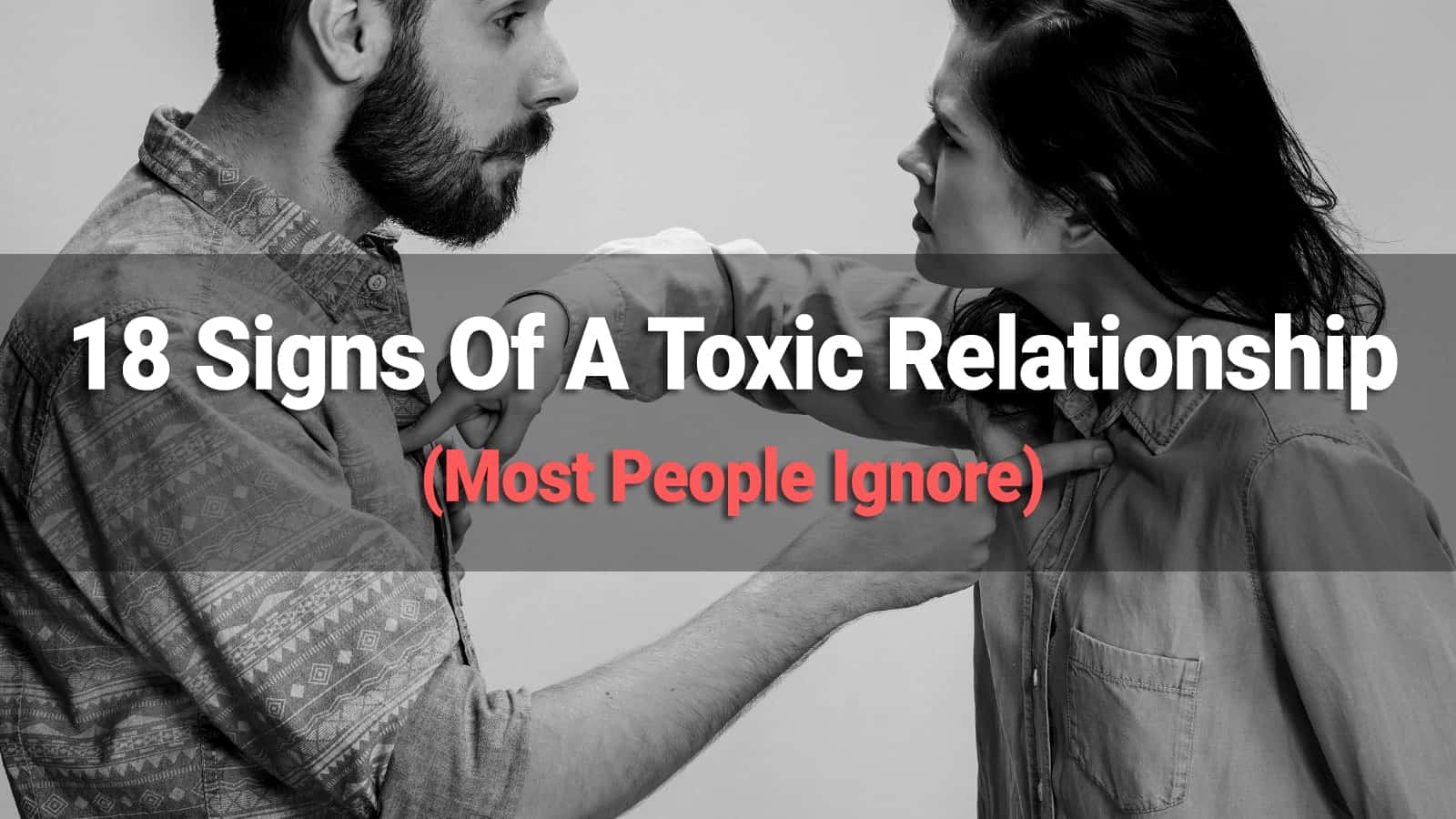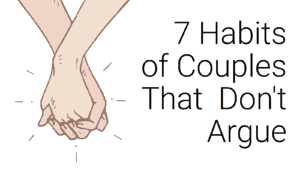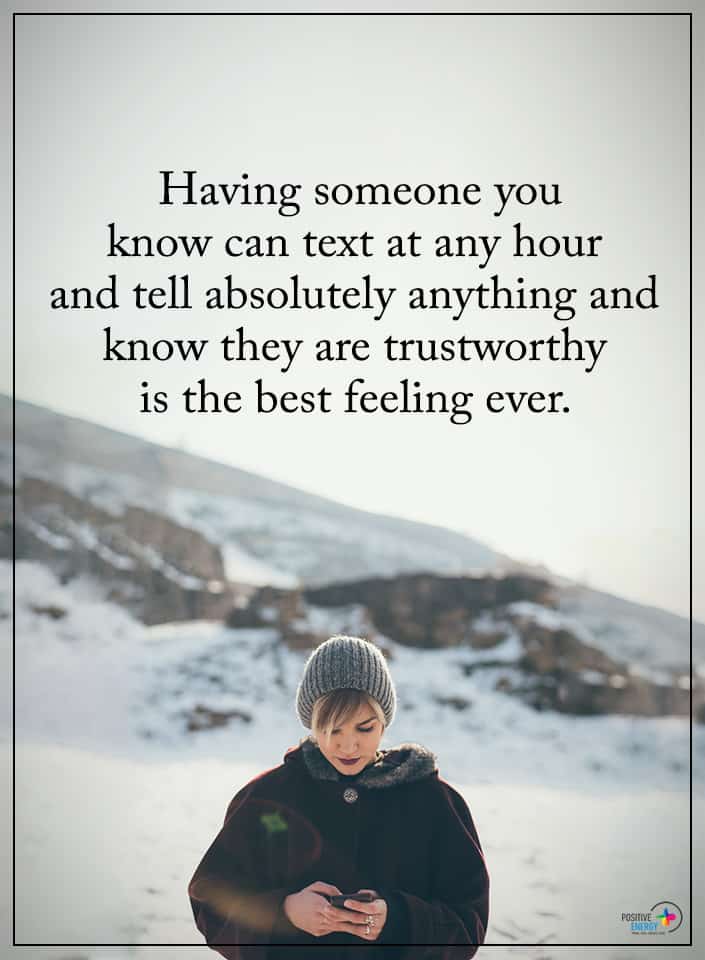Has your partner been tipping their hand about extraneous activities, using cheater words or giveaways?
For any man or woman, finding out about a cheating partner can be devastating. But catching your partner is not as easy as it seems. Sometimes, it takes years before you know. Confronting your spouse or partner soon turns into an ugly argument because cheaters rarely admit infidelity.
If you are trying to suss out whether your partner is cheating or not, search for clues in his behavior. In case you don’t find anything unusual, look for any red flags to identify gaslighting or subtle manipulation in his conversation.
In most cases, cheaters will do everything in their power to deny their betrayal. No matter how much evidence you gather against them, they will always have amazing comebacks and won’t confess unless you catch them physically in the act.
Here 14 common cheater words to never ignore from your partner.
1 – They lie to you.
While this one seems obvious, it may come to you as a complete shock if you truly love your partner. Even if you know all about your partner’s habits, cheating is never an easy one to embrace.
But how do they cover-up? By lying to you as frequently as the need arises.
2 – They lie to themselves
Chronic cheaters are dishonest, not just with you but also with themselves.
If you had a chance to enter into a chronic cheater’s head, you would find out that they use lying as a weapon to fight guilt and justify their behavior. Over time, this habit becomes so strong that they turn into pathological liars.
In most cases, they assure themselves that whatever they are doing is not hurting anyone. It really doesn’t matter what they are lying about. The issue is that they fail to be honest and true to their partner.
3 – They are guilty of gaslighting
Gaslighting is when someone attempts convincing you not to trust your own mind. As a result, you feel disillusioned and crazy. It’s common for cheaters to gaslight their partners in many ways.
Here are some of the cheater words that come out of your partner’s mouth when they are gaslighting.
4 – ‘You are overreacting.’
If you ever tried asking your partner about something unusual that recently happened, a cheater may want you to feel as if you are blowing something out of proportion. What they are actually trying to do is change the subject as quickly as possible by making you feel as if you are overreacting to the whole situation.
5 – ‘You are just paranoid.’
Are you really? When he smells like perfume all the time and comes home late every Friday, that’s the last thing you want to hear. Whether you saw your partner kissing someone or caught him having dinner with any of his colleagues, that’s the reply you get when you are upset or flustered. Maybe he’s right. But if it starts happening too often, it’s time to trust your eyes and not give in to him.
6 – ‘You are crazy.’
As if being paranoid wasn’t enough, now he wants you to think that you are downright crazy. That’s the reply you usually get when you are questioning your partner about his infidelity. Cheaters have a hard time admitting that they are lying to their partners. So the easiest way to deceive them is to make the idea so absurd that you start wondering if you are going crazy. Mind games and confusion become a regular part of this ugly cheating game, and you start believing that you are the crazy one in the relationship.
That’s not a very pleasant thing to hear, especially when it comes to your special someone. The highly insulting retort is just another gaslighting technique to shift the blame. These famous cheat words make you doubt your instinct and concerns.
In addition to these statements, remember to look out for these common cheater words when you doubt your partner.
7 – ‘I have to be out of town for the weekend.’
Who works on weekends? Even if he does, it can’t be twice or thrice a month. Ask questions to find out details about accommodation and travel. If your partner stutters or struggles to find the right words, you can confront him.
8 – ‘She/he is just a friend.’
Is your partner or spouse labeling an obscure relationship as a platonic friendship? It may be an excuse to spend time with someone other than you, without any guilt or remorse.
9 – ‘My battery died.’
All battery-related excuses are becoming absurd, with so many hi-tech options available to keep your phone alive. However, people continue to use this one to account for missed communications and lost time. Your partner or spouse is likely to avoid your calls when he is with someone else. Unless he is stuck in a four-hour-long meeting, your partner can always find a way to contact you to ensure everything is ok.
10 – ‘It’s all Your fault.’
But is it really? Do you remember the last time your spouse or partner admitted their mistake? Is he always trying to shift the blame on you no matter how hard you try to right things between the two of you?
Another way to shift the blame on you, your partner tries to make you feel guilty by giving you this lame excuse. While everyone has problems in their relationships, it is not one individual job to fix everything.
11 – ‘It’s not my fault.’
Again, if they are not blaming you, they are saving themselves from any blame. This blame game continues until the day you finally catch them. Your cheating partner says this every time you two have an argument. By blaming everything on you, they are not just lying to you but themselves as well.
12 – ‘You Are Not Meeting My Needs’
That’s another way of putting the burden of all your relationship problems on you as your partner transfers the blame on you again. Apart from being a cowardly move on his behalf, it is also another way of saying that you are not enough for him. Well, that still doesn’t give him any reason to cheat on you.
Remember never to accept responsibility for the mistakes they made, because you are not the one who cheated.
13 – ‘I am not going anywhere.’
If they constantly feel the need to assure you that, maybe the thought is lurking somewhere in their mind. They insist that everything is perfect and nothing or nobody is pulling them apart from you. In reality, they are only making a false promise only to disappear without leaving any trace.
That’s just one of the comebacks they have for the ‘Where are you?’ question. Even if you didn’t ask them, they would keep on telling you that they are not going anywhere and that they are always going to be around. Sometimes, that’s just another of saying that ‘I am already gone, but you don’t know it.’
14 – ‘I’m not being myself.’
Exactly! Don’t mistake these cheater words for an honest confession. Try asking why and your cheating spouse or partner is going to be at a loss for comebacks. If you complain to your partner about being distant, that’s all they have to say to you, without any solid reason.
Unless you are sick, depressed, or stressed-out, you are going to be just the way you want to be. Remember to track their behavior and point out changes in their behavior or routine on special occasions such as holidays and family events.
You Might Be Wondering Why Cheaters Lie?
While we all have our own narratives about why people, especially cheaters, lie, it is just a way of denying the facts and fooling your partner. Chronic cheaters are prone to lying. Making up excuses and cooking up stories helps them convince you that you are the one at fault.
Sometimes, they make up the most bizarre stories only to deny they ever had a choice in the first place. Cheaters usually play the victim until you catch them red-handed. For many cheaters, lying is the best way to stay free of guilt and confrontation. It buys them more time and gives them an easy way out to continue cheating on you for as long as they like.
While it’s of little comfort, you are not alone in the demographic of relationships that face infidelity. Statistics suggest that as many as 25% of men and 20% of women admit to cheating at least one relationship.
Final Thoughts on Detecting Cheater Words and Actions
Although it is true that some women and men can carry on affairs for decades without their romantic partners or spouses knowing, it is rare. Catching your cheating partner, becomes easy when you are aware of some of the most popular cheater words, including the ones we mentioned in this article.
Cheaters do everything to hide their secret so you or nobody else can know about it. But they are sure to make a mistake sooner or later. For that reason, there are always making up excuses to cover it up for as long as they can. Sometimes, strong women can tell when their man is lying.
All you have to do is be ready with the comebacks, every time they try gaslighting you when you confront them. Remember the most common cheater words that we highlighted in this guide to make sure you never fall for their lies again.















